Are streaming services helping or hurting musicians?
Streaming is on the up but MPs say most artists make ‘pitiful’ incomes from services
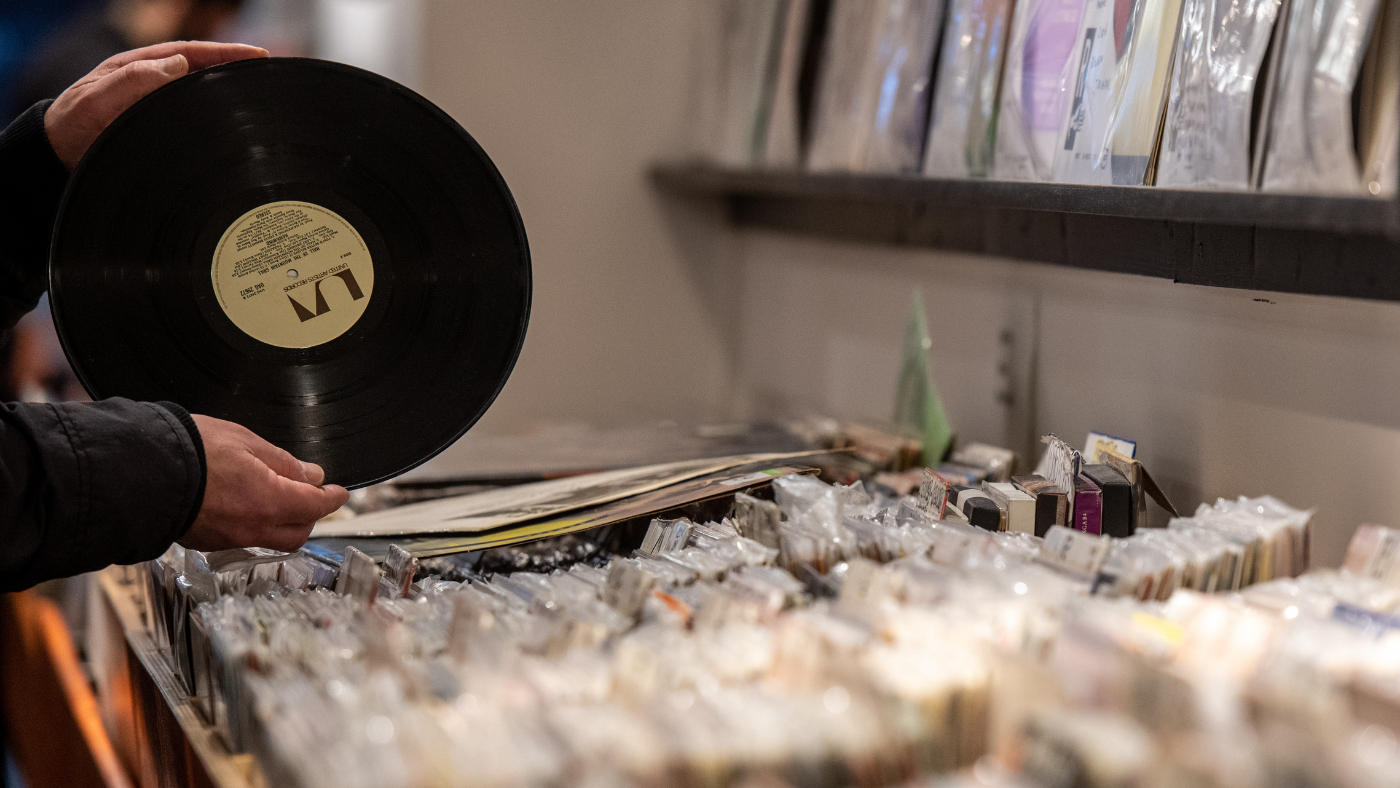
A free daily email with the biggest news stories of the day – and the best features from TheWeek.com
You are now subscribed
Your newsletter sign-up was successful
More people in the UK are listening to music than ever before, a new industry report has revealed. Changes to working styles and socialising last year coincided with a rise in music consumption in the UK of 2.5%, according to the latest findings published by the British Phonographic Industry (BPI).
The past 12 months have “reminded us again of the important role that recorded music plays in our lives”, said BPI chief executive Geoff Taylor. Adele, Ed Sheeran and ABBA were top of the 2021 album chart, with Queen’s Greatest Hits and Fleetwood Mac’s 50 Years: Don’t Stop also making the top ten.
The increase is in part down to how music fans have come to favour different audio formats. Vinyl sales hit the highest level for more than three decades, with 5.3m LPs purchased last year. And while CDs experienced a year-on-year decline in demand that’s been seen since 2004, the rate slowed to 10.5%, a steadier level than has been in the past 17 years.
The Week
Escape your echo chamber. Get the facts behind the news, plus analysis from multiple perspectives.

Sign up for The Week's Free Newsletters
From our morning news briefing to a weekly Good News Newsletter, get the best of The Week delivered directly to your inbox.
From our morning news briefing to a weekly Good News Newsletter, get the best of The Week delivered directly to your inbox.
Perhaps the most significant factor for the rise in listening time has been “a growing love of streaming music”, The Times said. Now, 83% of music consumed in the UK is credited to streaming, with almost 2,000 songs reaching at least ten million streams in the past 12 months.
Voice assistants like Alexa and devices such as Siri have “eased the way to streaming adoption, and the pandemic has only accelerated that phenomenon”, industry analyst Alexandre Jornod said in the BPI’s Trends for music’s next decade report, published in 2021.
‘Favours artists with mass appeal’
The transition from physical-first formats to streaming services, however, hasn’t come as easily to all. “Many bands and musicians have previously complained that the royalties they receive from streaming do not make a career sustainable”, said The Times.
And while “concerns around streaming economies have been simmering for sometime”, curbs on live performances due to Covid-19 and the subsequent loss of income for musicians brought these issues to the fore, music industry consultant Evet Jean added in The Guardian.
A free daily email with the biggest news stories of the day – and the best features from TheWeek.com
“Previously profitable musicians” were “hit hard with an abrupt halt to touring”. With fans now turning to subscription services to listen to their favourite tracks, 2020 saw a “boom in advocacy groups” addressing the platforms’ economic model.
“Spotify, Apple Music and most other major platforms use a so-called pro rata system of royalty distribution”, explained music writer Ben Sisario in The New York Times. The total earnings from subscriptions and adverts “goes into a single pot” before being divided by the total streams for the month. “If, say, Drake had 5% of all streams that month, he (and the companies that handle his music) get 5% of the pot.”
Critics have said this model “favours artists with mass appeal”, with “playlisting” and “algorithmic recommendations” contributing to “a network effect in which popularity leads to more popularity”. Less well-known artists or niche genres are less likely to see significant profits from streaming, “extending the gulf between music’s haves and have-nots”, Sisario said.
Additionally, there has been a trend of catalogue “eating into the market share of new music”, a fact that chimes with the fact “the fastest-growing segment of music streaming subscribers in leading markets is now middle-aged”, said Rolling Stone in 2020.
‘The system is unfair’
The UK’s digital, culture, media and sport committee began investigating the issue in 2021, publishing its economics of music streaming report in July. It found that highly-acclaimed musicians were “seeing meagre returns” from streaming platforms, while “non-featured performers are frozen out altogether”.
Survey data collected by the campaign group #PayPerformers also found that 50% of UK respondents said they received no income from streaming, while 0.6% said they earned between €10-20K (£8.3-£16.7K) annually.
The committee heard evidence from industry experts, including Will Page, former chief economist at Spotify, who explained that “for labels, the music industry is thriving”, but artists “have not received proportional benefit”. He, and many others, have called for artists to be remunerated through a “user-centric payment system”, isolating the fee paid by individual subscribers and allocating it to the tracks they themselves listen to.
Ahead of the committee’s findings being published, Grammy award winner Nile Rodgers told The Guardian that “it is not the streaming services that we have the problem with”, but rather “the labels that are perpetrating the issues that need to be seriously addressed”.
“The system is unfair”, he said, and “artists should be paid on a licence, not a sale”. Apple Music’s Elena Segal also told the newspaper that the company is “very happy to have a discussion about what is and is not fair, because it’s not a straightforward question”.
“The BPI remains optimistic, however” in light of the new data, The Times continued. According to its latest report, streaming services have “made it easier for fans to discover new music or to reacquaint themselves with classic”, in turn boosting music consumption, with “nearly twice as many artists are now earning meaningfully royalties compared to the CD era”.
‘Direct to fan’ relationship
Investment into A&R and global marketing have brought new stars to streaming success, the report explained, and labels have attracted new audiences through “innovative partnerships with burgeoning consumer platforms”.
In the BPI’s report on trends for the next decade of music, Patreon’s creator partnerships manager Tom McNeill said fans can expect “more artists to create a personal subscription action, and prioritise that or cut out the streaming services entirely”. Rather than undercut labels, he predicted that labels will offer more digital services in the coming years to facilitate this “direct to fan” relationship, describing it as “an incredibly exciting space to be”.
“It will take a lot of noise” to make the streaming economy favour musicians, said Jean, and the government-led investigations “are a promising start”. But “it’s a lot to ask musicians to lead the charge themselves”, and fans have a role to play too. Finding direct routes to financially support artists, or putting pressure on the industry to change, are two places to start.
Julia O'Driscoll is the engagement editor. She covers UK and world news, as well as writing lifestyle and travel features. She regularly appears on “The Week Unwrapped” podcast, and hosted The Week's short-form documentary podcast, “The Overview”. Julia was previously the content and social media editor at sustainability consultancy Eco-Age, where she interviewed prominent voices in sustainable fashion and climate movements. She has a master's in liberal arts from Bristol University, and spent a year studying at Charles University in Prague.
-
 Local elections 2026: where are they and who is expected to win?
Local elections 2026: where are they and who is expected to win?The Explainer Labour is braced for heavy losses and U-turn on postponing some council elections hasn’t helped the party’s prospects
-
 6 of the world’s most accessible destinations
6 of the world’s most accessible destinationsThe Week Recommends Experience all of Berlin, Singapore and Sydney
-
 How the FCC’s ‘equal time’ rule works
How the FCC’s ‘equal time’ rule worksIn the Spotlight The law is at the heart of the Colbert-CBS conflict
-
 The best drama TV series of 2025
The best drama TV series of 2025the week recommends From the horrors of death to the hive-mind apocalypse, TV is far from out of great ideas
-
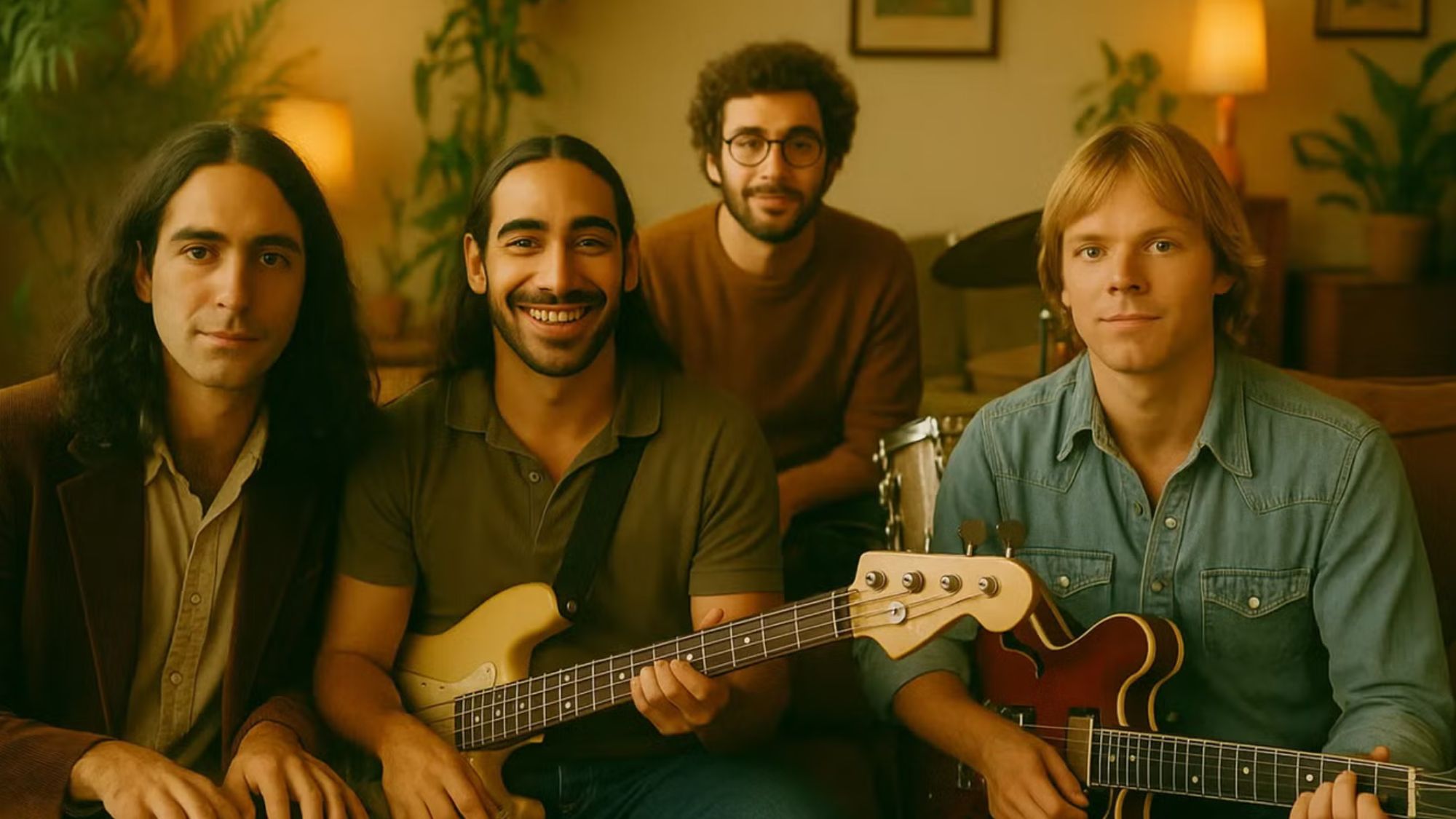 The Velvet Sundown: viral band that doesn't actually exist
The Velvet Sundown: viral band that doesn't actually existIn the Spotlight These AI-generated rock hits are brought to listeners by… no one
-
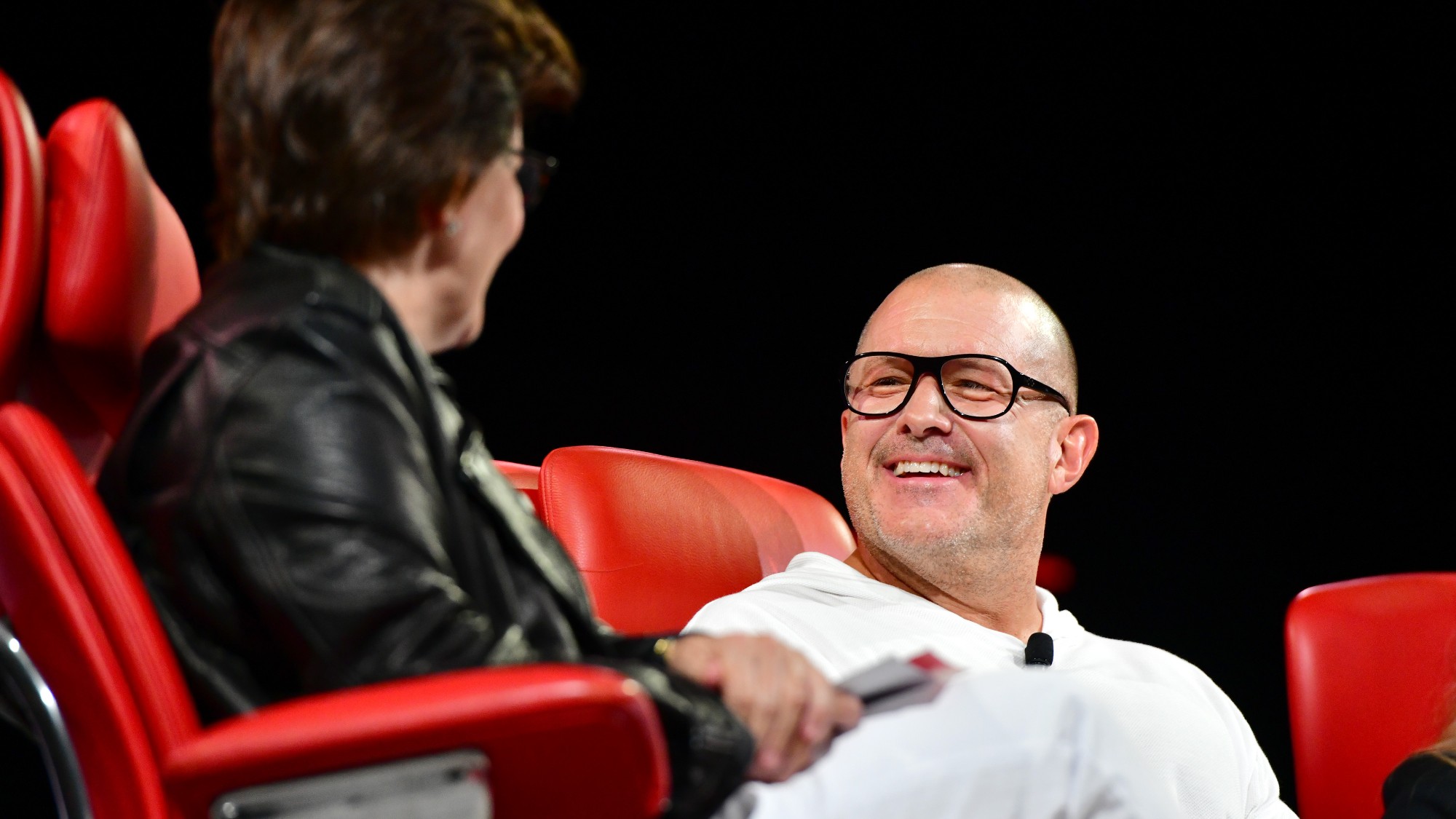 Jony Ive's iPhone design changed the world. Can he do it again with OpenAI?
Jony Ive's iPhone design changed the world. Can he do it again with OpenAI?Talking Points Ive is joining OpenAI, hoping to create another transformative piece of personal technology. Can lightning strike twice?
-
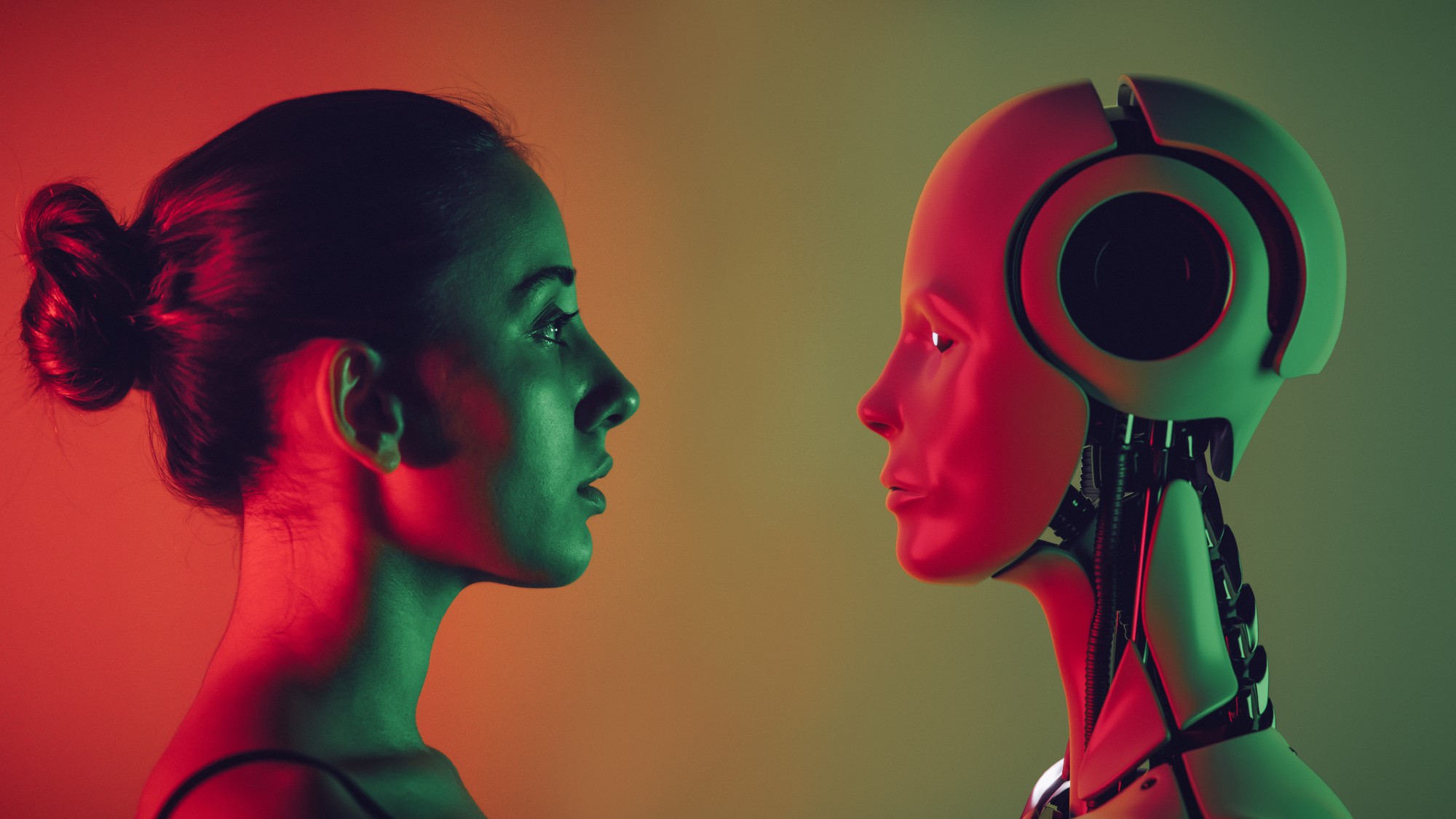 'Severance' and the best tech dystopia shows
'Severance' and the best tech dystopia showsThe Week Recommends If the Apple TV+ hit increased your appetite for bleak futurism, you have additional options
-
 The best TV series with multiple timelines right now
The best TV series with multiple timelines right nowThe Week Recommends Narratives that spend significant time in two or more stories can be especially rewarding
-
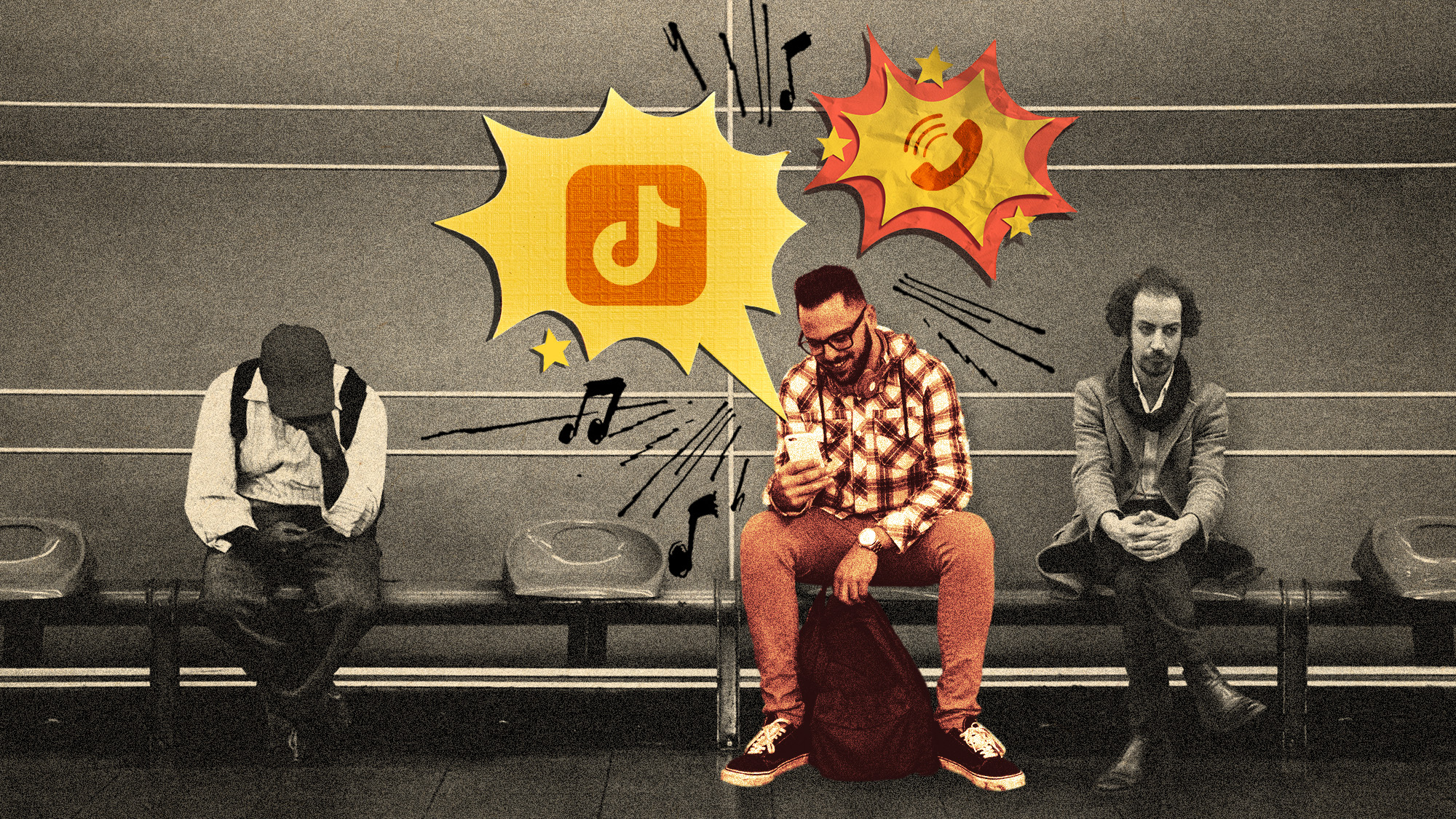 A not-so-quiet place: Why is no one using headphones in public anymore?
A not-so-quiet place: Why is no one using headphones in public anymore?Under the Radar People are increasingly comfortable with both speakerphone and watching videos (very) out loud
-
 Sabrina Carpenter and Spotify conspiracy theories
Sabrina Carpenter and Spotify conspiracy theoriesIn the Spotlight Popularity of viral hit Espresso sparks accusations of modern 'payola' and algorithm hijacking by streaming platforms
-
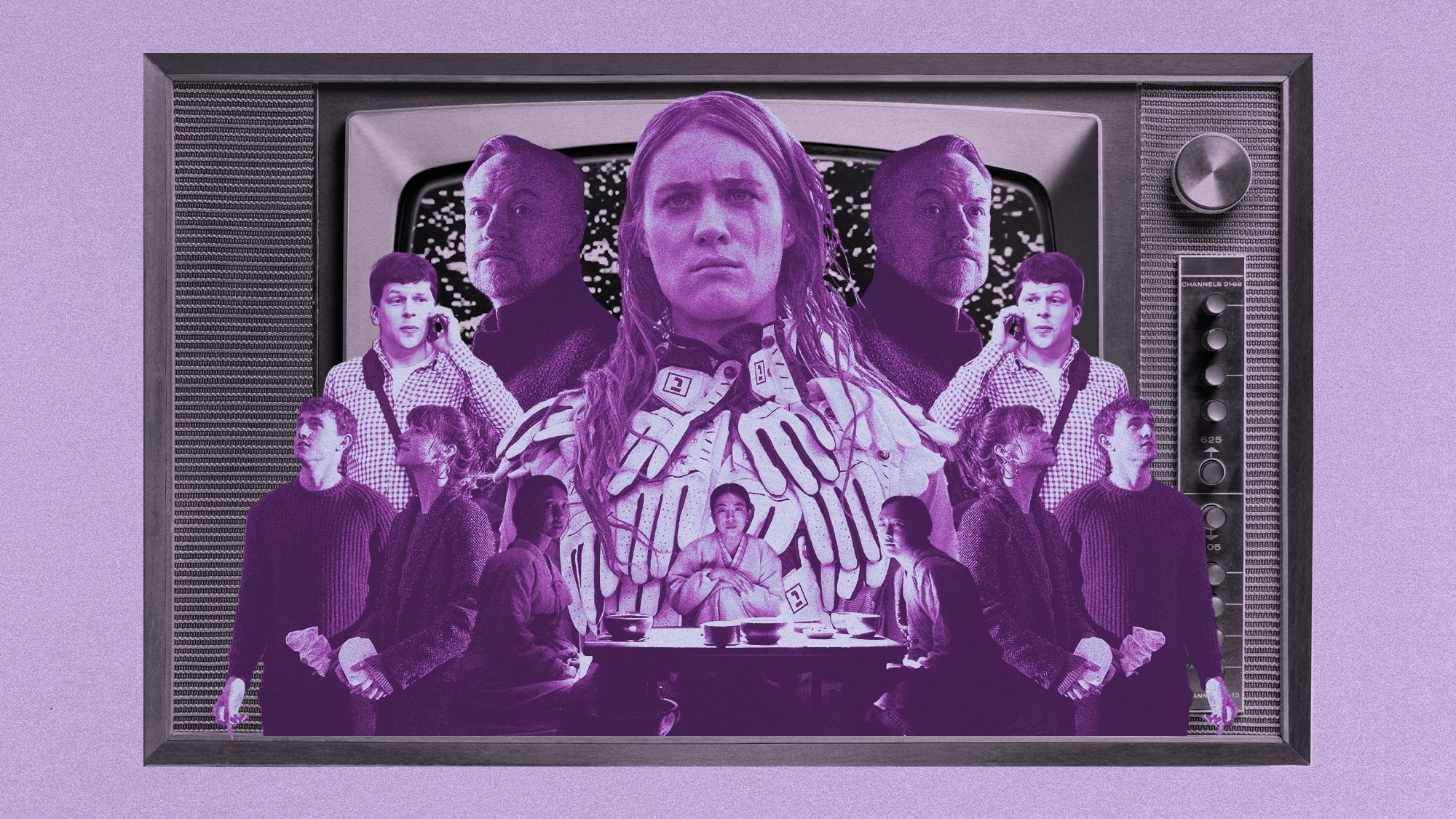 5 stellar TV series based on award-winning novels
5 stellar TV series based on award-winning novelsThe Week Recommends Max's 'The Sympathizer' is not the only successful adaptation of prestige fiction